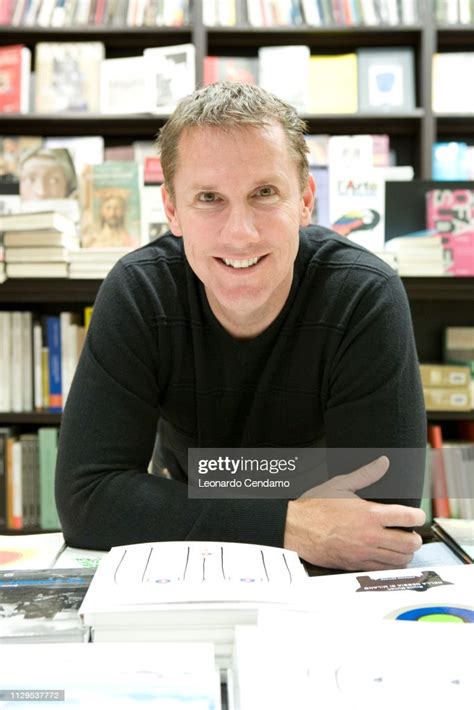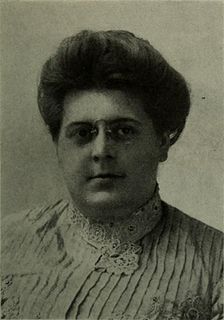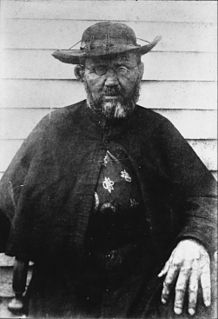A Quote by D. A. Carson
Jesus is hungry but feeds others; He grows weary but offers others rest; He is the King Messiah but pays tribute; He is called the devil but casts out demons; He dies the death of a sinner but comes to save His people from their sins; He is sold for thirty pieces of silver but gives His life a ransom for many; He will not turn stones to bread for Himself but gives His own body as bread for people.
Related Quotes
He who asks to receive his daily bread does not automatically receive it in its fullness as it is in itself: he receives it according to his own capacity as recipient. The Bread of Life (cf. Jn. 6:35) gives Himself in His love to all who ask, but not in the same way to all; for He gives Himself more fully to those who have performed great acts of righteousness, and in smaller measure to those who have not achieved so much. He gives Himself to each person according to that person's spiritual ability to receive Him.
Farmers everywhere provide bread for all humanity, but it is Christ alone who is the bread of life...Even if all the physical hunger of the world were satisfied, even if everyone who is hungry were fed by his or her own labor or by the generosity of others, the deepest hunger of man would still exist...Therefore, I say, Come, all of you, to Christ. He is the bread of life. Come to Christ and you will never be hungry again.
To judge sins is the business of one who is sinless, but who is sinless except God? Who ever thinks about the multitude of his own sins in his heart never wants to make the sins of others a topic of conversation. To judge a man who has gone astray is a sign of pride, and God resists the proud. On the other hand, one who every hour prepares himself to give answer for his own sins will not quickly lift up his head to examine the mistakes of others.
The life of a family is filled with beautiful moments: rest, meals together, walks in the park or the countryside, visits to grandparents or to a sick person... But if love is missing, joy is missing, nothing is fun. Jesus gives always gives us that love: he is its endless source. In the sacrament he gives us his word and he gives us the bread of life, so that our joy may be complete.
You know, people say that today. "I am a saved sinner." That is like saying you are a married bachelor. That is like saying you are an honest thief, or a pure harlot. you can't be a saved sinner. You are either saved or you are a sinner. He came. "Thou shalt call his name Jesus. He shall save his people from their sins."
Man—every man—is an end in himself, not a means to the ends of others; he must live for his own sake, neither sacrificing himself to others nor sacrificing others to himself; he must work for his rational self-interest, with the achievement of his own happiness as the highest moral purpose of his life.
The humility of Jesus can be seen in the crib, in the exile to Egypt, in the hidden life, in the inability to make people understand Him, in the desertion of His apostles, in the hatred of His persecutors, in all the terrible suffering and death of His Passion, and now in His permanent state of humility in the tabernacle, where He has reduced Himself to such a small particle of bread that the priest can hold Him with two fingers. The more we empty ourselves, the more room we give God to fill us.
I believe that the unity of man as opposed to other living things derives from the fact that man is the conscious life of himself. Man is conscious of himself, of his future, which is
death, of his smallness, of his impotence; he is aware of others as others; man is in nature, subject to its laws even if he transcends it with his thought.




































